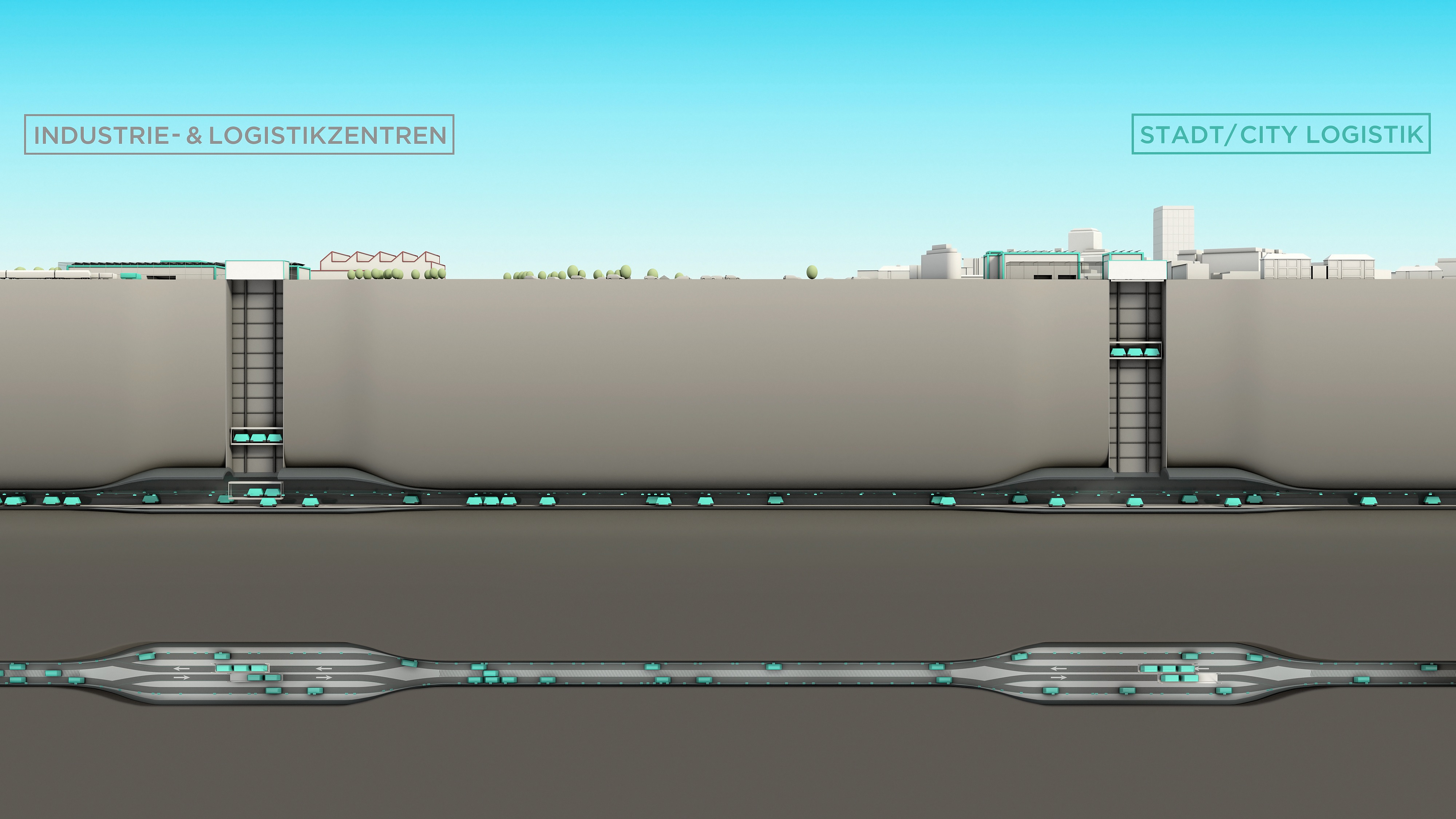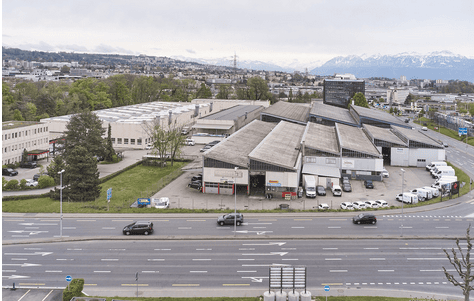Federal Council paves the way for Cargo sous terrain
The Federal Council has a law drafted for underground freight transport, thus clearing the way for the Cargo sous terrain project.

In the consultation process on the law on underground freight transport, a clear majority was in favor of creating the legal basis for implementing projects such as Cargo sous terrain, according to the Federal Council. Cargo sous terrain is seen by the majority as a future-oriented and environmentally friendly addition to rail and road freight transport.
Cargo sous terrain has already attracted Mobiliar and Helvetia Insurance as well as the retailers Coop and Migros as investors in a first section. Companies such as Swiss Post, SBB Cargo and Rhenus, various planning and construction companies are also on board with the operating company CST AG. Shares are also held by infrastructure developers Meridiam from France and Dagong from China.
Project to remain in Swiss hands
DETEC is now to prepare a dispatch for a law on underground freight transport. In the process, a two-stage environmental impact assessment is to ensure that ecological aspects are sufficiently taken into account, according to the Federal Council.
The law will also stipulate that the plant will remain in Swiss hands throughout its lifetime; foreign investors can participate as part of a minority. The dispatch on the federal law should be available by the fall of 2020.
490 kilometer long transport network planned
Cargo sous terrain (CST) wants to build a privately financed and digitally controlled total logistics system by 2031. When completed, the transport network will comprise a 490-kilometer tunnel system stretching from Geneva to St. Gallen and from Basel to Lucerne, with an additional branch connecting Berne with Thun. The first section of the network runs from Härkingen-Niederbipp to Zurich and is around 70 kilometers long.
CST is convinced that the city logistics system will ensure efficient and environmentally friendly fine distribution of goods in the cities. The system is to be powered exclusively by renewable energy. (ah)









